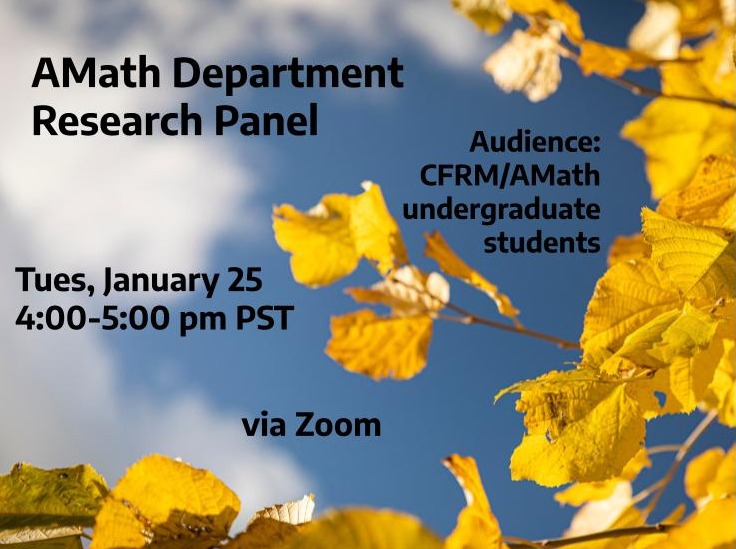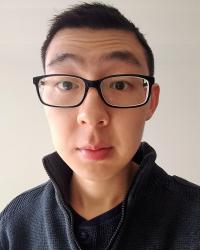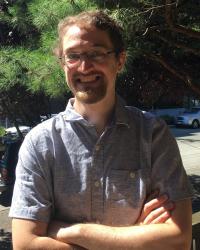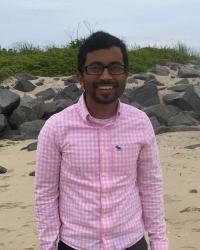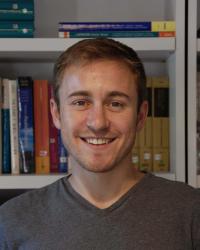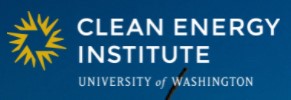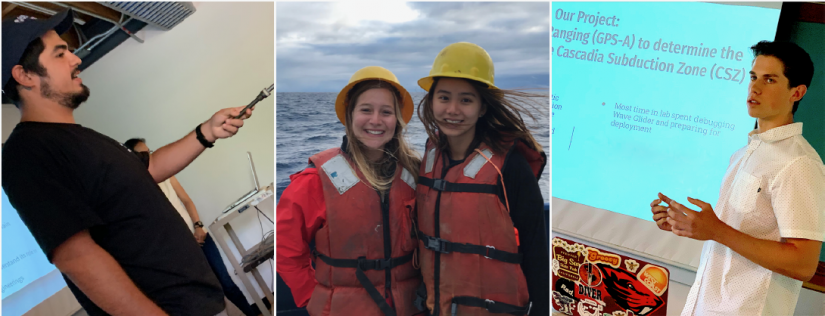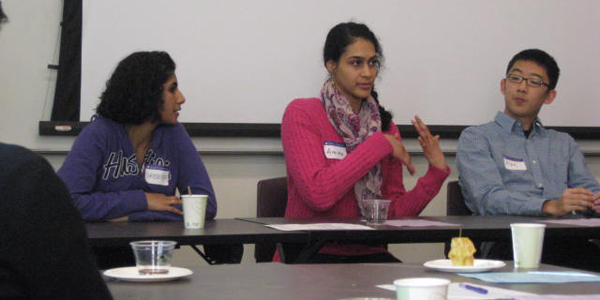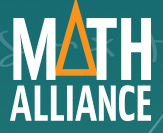Winter 2024 Undergrad Research Opportunities at UW
Undergraduate research for STEM students who code! Check out these 4 projects:
Sustainable, scalable bacterial cellulose nanoparticles for drug delivery to the brain
PI Name & Lab name: Prof. Elizabeth Nance Lab
Application deadline: January 26, 2024 by 10pm for priority review
Application link
Description: Sustainable nanomedicine is an emerging interdisciplinary field where biodegradable and biocompatible materials are of interest for therapeutic outcomes, specifically drug delivery to the brain. Sustainable formulation practices and the use of eco-friendly materials can make these therapeutics easily scalable and reproducible for commercial manufacturing. Bacterial cellulose nanoparticles (BCNPs) address these issues and have the potential to be a therapeutic to deliver drugs to the brain. In this project, the student will have the opportunity to prepare bacterial cellulose nanoparticles, experiment with drug loading techniques and assays, and apply therapeutics to ex vivo brain slice models. The student will investigate therapeutic effects and foundational information on BCNPs using confocal microscopy, ultraviolet spectroscopy, dynamic light scattering, and high-performance liquid chromatography characterization and analysis techniques.
Tuning the chemical and physical properties of bacterial cellulose nanoparticles for effective drug delivery
Many FDA approved materials in nanomedicine involve chemically intensive syntheses and are difficult to manufacture at the kilogram scale. We have recently developed bacterial cellulose nanoparticles as a therapeutic platform that can potentially be scaled to large quantities and be used to deliver drugs to the injured newborn brain. In this project, to demonstrate therapeutic effects of BCNPs, the student will incorporate curcumin, a naturally occurring small hydrophobic molecule with anti-inflammatory and antioxidant benefits, into the BCNPs, and potentially show reduced inflammation and brain injury in the neonatal hypoxic ischemic brain. The student will perform surface chemical modifications upon the BCNPs to incorporate the curcumin and investigate its therapeutic effects in healthy and unhealthy ex vivo brain slice models. By incorporating curcumin into BCNPs, the student will show the versatility of BCNPs in targeted therapeutics for treating critical diseases.
Accelerated development of nanomaterials through self-driving laboratories
PI Name & Lab name: Lilo Pozzo Lab
Application deadline: January 31, 2024
Description: Students with interests in nanomaterials, laboratory automation (robots), and coding, are invited to apply to work on the broad effort of accelerating materials discovery using artificial intelligence to create ‘self-driving laboratories’. Our laboratory works on the use of nanomaterials for solving broad problems in energy, healthcare, sustainability and for fundamental understanding of material behavior. ‘Self-driving laboratories’ aim to eliminate or reduce bottlenecks in research that hinder or slow progress to solving critical problems. Students will be expected to learn to work within diverse teams and to be willing to learn coding (Python), working on mechanical/electronic hardware equipment, data analysis and ‘wet’ laboratory work typical of chemistry and chemical engineering research projects.
How to Apply: Send expression of interest along with CV/Resume including academic information (major, year of study, GPA) to dpozzo(at)uw.edu. Good academic standing (e.g. as judged by courses and GPA) is required in order to ensure that research activities do not interfere with student’s ability to progress with academic success in their programs. Students will be expected to be able to commit to spending 6-9 hrs/week of research (2-3 credits per quarter) to be eligible to apply. Prof. Pozzo will reach out to candidates for continued discussions. Opportunities are limited by laboratory capacity.
Engineering Biology to Produce Chemicals and Materials
PI Name & Lab name: Carothers Research Group
Application deadline: March 15, 2024
Description: Our work aims to advance fundamental research into large-scale, bio-based chemical production that is not only greener, but also produces better alternatives to petrochemical-based products.
Application/instructions for expressing interest
The Origin of Life – Simulating the Evolution of Cells
PI Name & Lab name: Hugh Hillhouse
Description: Single cell organisms (like E. coli or S. saccharomyces) are complex self-governing chemical reactors. Understanding them is the future of chemical engineering. And, for the most part, we know of all the major molecular machinery that they are made of. We know the mechanisms of transcription, translation, regulation, and metabolism, and with advances in machine learning, we now know the approximate structure for all proteins! However, at the most basic level, we still do not understand how cells came to be. How did they emerge from their molecular constituents. This project will focus on answering that challenge with a new simulation modality developed by Hillhouse (similar to cellular automata). This project can accommodate 2 UGs. Previous programming experience is a pre-requisite. It can be experience in any programming language (Java, Python, C, Mathematica, etc.) The main thing is that the applicants understand how to program. You don’t need to be an expert, but you need to have some comfort with coding.
To Apply: Email Prof. Hillhouse and include: (1) your current CV, (2) unofficial transcript, (3) your coding experience, and (4) why you want to work on the project.


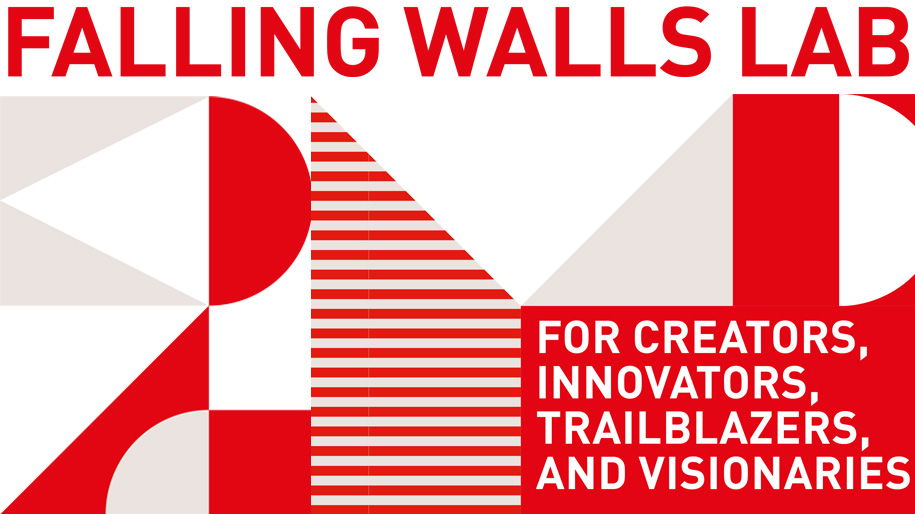
 The Washington Directed Reading Program (WDRP) is an initiative from the UW Mathematics Department, which pairs interested undergraduate students with graduate student mentors to embark on a quarter-long independent mathematics reading project. Applicants will be notified by March 29.
The Washington Directed Reading Program (WDRP) is an initiative from the UW Mathematics Department, which pairs interested undergraduate students with graduate student mentors to embark on a quarter-long independent mathematics reading project. Applicants will be notified by March 29. The Washington eXperimental Mathematics Lab (WXML) is a group of mathematical explorers, including faculty, grad students, undergrad students, and community members. They showcase mathematics as a creative discipline, via experimental, computational, and visual mathematics.
The Washington eXperimental Mathematics Lab (WXML) is a group of mathematical explorers, including faculty, grad students, undergrad students, and community members. They showcase mathematics as a creative discipline, via experimental, computational, and visual mathematics. 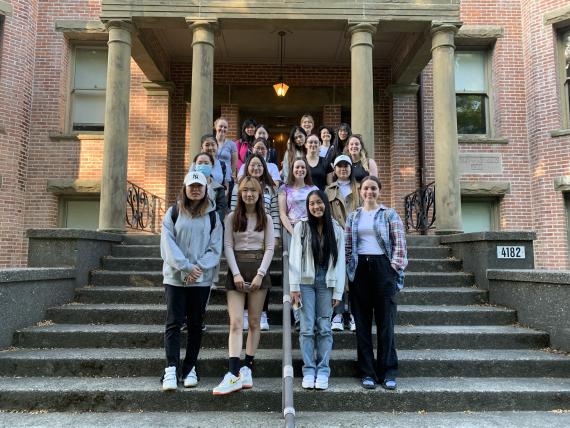

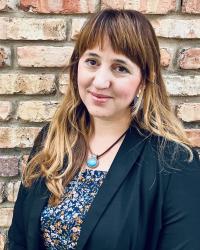
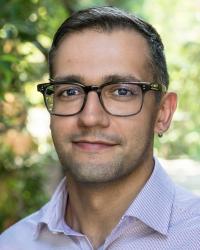 Bamdad Hosseini
Bamdad Hosseini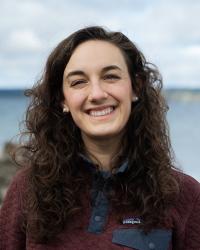
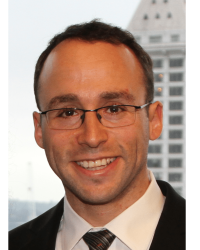 Aleksandr Aravkin
Aleksandr Aravkin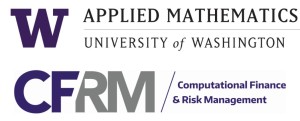

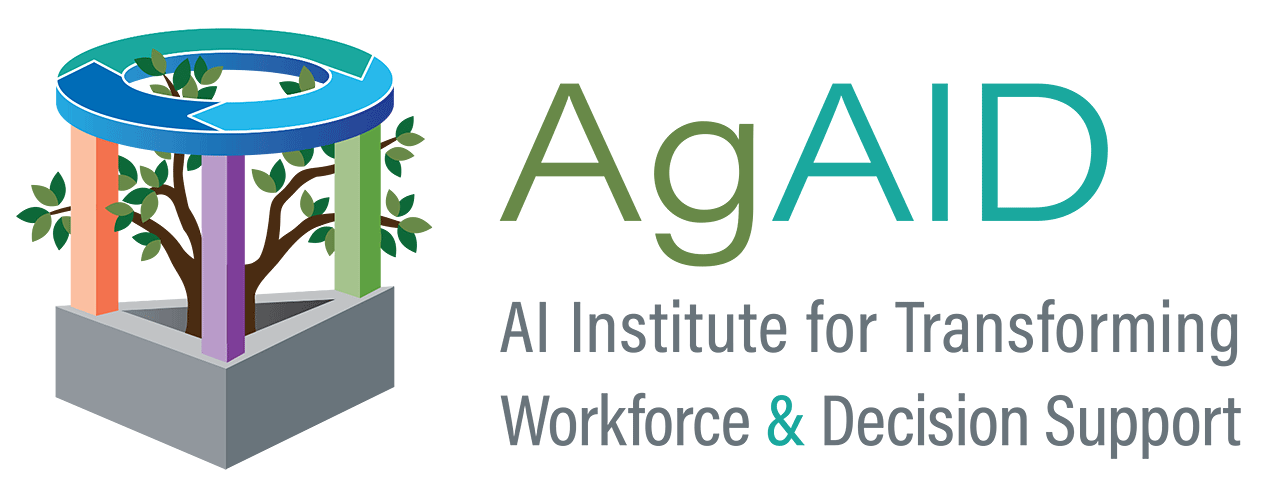 work at the interface of cutting-edge Artificial Intelligence (AI) technologies and agricultural applications? AgAID is looking for students interested in developing or applying AI tools for improved water resource modeling, improved decision-making on farms, creative robotics solutions for agricultural automation, and investigating how to take the latest AI tools and algorithmic principles and put them to practice to solve real-world, challenging tasks.
work at the interface of cutting-edge Artificial Intelligence (AI) technologies and agricultural applications? AgAID is looking for students interested in developing or applying AI tools for improved water resource modeling, improved decision-making on farms, creative robotics solutions for agricultural automation, and investigating how to take the latest AI tools and algorithmic principles and put them to practice to solve real-world, challenging tasks.



 Washington International Genetically Engineered Machine (iGEM) Team is an undergraduate-led synthetic biology team based at UW. As an interdisciplinary group with students from all types of majors/minors, iGEM represents UW in an international competition held each Fall. Students participate in a wide range of applied biology work, from computer modeling and wet lab to social science research. iGEM conducts work with kinetic modeling of biological reactions and protein structure/function.
Washington International Genetically Engineered Machine (iGEM) Team is an undergraduate-led synthetic biology team based at UW. As an interdisciplinary group with students from all types of majors/minors, iGEM represents UW in an international competition held each Fall. Students participate in a wide range of applied biology work, from computer modeling and wet lab to social science research. iGEM conducts work with kinetic modeling of biological reactions and protein structure/function.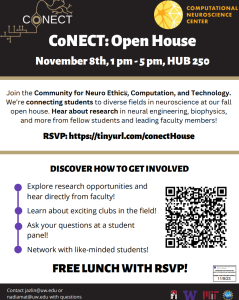



 What do you know about your privacy on Canvas? How do you feel about who can see your browsing activity? This study aims to give you more options and control over your data. Your participation in an interview will be compensated $15 for 60 minutes of your time.
What do you know about your privacy on Canvas? How do you feel about who can see your browsing activity? This study aims to give you more options and control over your data. Your participation in an interview will be compensated $15 for 60 minutes of your time.










 SURP
SURP 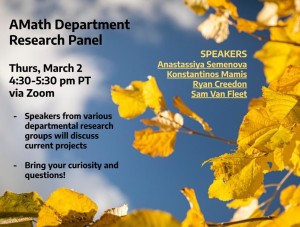
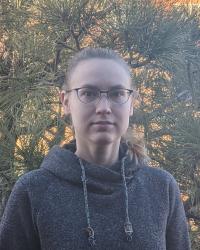
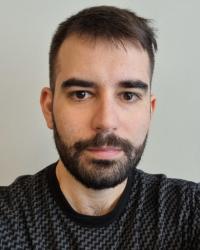
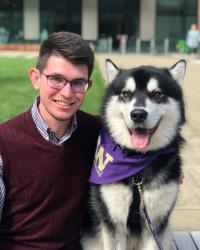
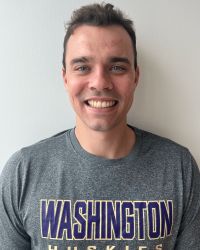
 Drop by the
Drop by the  If you have not yet begun a research experience, attending the Symposium is a great way to learn about how to get involved, identify potential projects and mentors, and to support fellow students. Students are also encouraged to volunteer for the Symposium and
If you have not yet begun a research experience, attending the Symposium is a great way to learn about how to get involved, identify potential projects and mentors, and to support fellow students. Students are also encouraged to volunteer for the Symposium and  Students will receive a $6,000 stipend to be disbursed in installments throughout the program.
Students will receive a $6,000 stipend to be disbursed in installments throughout the program.

 The Washington Directed Reading Program (WDRP) is an initiative from the UW Mathematics Department, which pairs interested undergraduate students with graduate student mentors to embark on a quarter-long independent mathematics reading project. WIN23 applications will be open until December 28 at 5:00 pm PDT, and applicants will be notified by January 6. To learn more about the reading projects and apply, go to
The Washington Directed Reading Program (WDRP) is an initiative from the UW Mathematics Department, which pairs interested undergraduate students with graduate student mentors to embark on a quarter-long independent mathematics reading project. WIN23 applications will be open until December 28 at 5:00 pm PDT, and applicants will be notified by January 6. To learn more about the reading projects and apply, go to  Neural processing and brain representations are strongly dependent on state, in many senses: on recent experience, on global states such as arousal and motivation, and on current behavioral goals. The goal of this mini workshop is to share ideas about how neural architecture causes these state changes and how state dependence contributes to neural computation.
Neural processing and brain representations are strongly dependent on state, in many senses: on recent experience, on global states such as arousal and motivation, and on current behavioral goals. The goal of this mini workshop is to share ideas about how neural architecture causes these state changes and how state dependence contributes to neural computation. Abstract: Koopman operators are infinite-dimensional operators that globally linearize nonlinear dynamical systems, making their spectral information valuable for understanding dynamics. However, Koopman operators can have continuous spectra, can lack finite-dimensional invariant subspaces, and approximations can suffer from spectral pollution (spurious modes). These issues make computing the spectral properties of Koopman operators a considerable challenge. This talk will detail the first scheme (ResDMD) with convergence guarantees for computing the spectra and pseudospectra of general Koopman operators from snapshot data. Furthermore, we use the resolvent operator and ResDMD to compute smoothed approximations of spectral measures (including continuous spectra), with explicit high-order convergence. ResDMD is similar to extended DMD, except it rigorously concurrently computes a residual from the same snapshot data, allowing practitioners to gain confidence in the computed results. Kernelized variants of our algorithms allow for dynamical systems with a high- dimensional state-space, and the error control provided by ResDMD allows a posteriori verification of learnt dictionaries. We apply ResDMD to compute the spectral measure associated with the dynamics of a protein molecule (20,046-dimensional state-space) and demonstrate several problems in fluid dynamics (with state-space dimensions > 100,000). For example, we compare ResDMD and DMD for particle image velocimetry data from turbulent wall-jet flow, the acoustic signature of laser-induced plasma, and turbulent flow past a cascade of aerofoils.
Abstract: Koopman operators are infinite-dimensional operators that globally linearize nonlinear dynamical systems, making their spectral information valuable for understanding dynamics. However, Koopman operators can have continuous spectra, can lack finite-dimensional invariant subspaces, and approximations can suffer from spectral pollution (spurious modes). These issues make computing the spectral properties of Koopman operators a considerable challenge. This talk will detail the first scheme (ResDMD) with convergence guarantees for computing the spectra and pseudospectra of general Koopman operators from snapshot data. Furthermore, we use the resolvent operator and ResDMD to compute smoothed approximations of spectral measures (including continuous spectra), with explicit high-order convergence. ResDMD is similar to extended DMD, except it rigorously concurrently computes a residual from the same snapshot data, allowing practitioners to gain confidence in the computed results. Kernelized variants of our algorithms allow for dynamical systems with a high- dimensional state-space, and the error control provided by ResDMD allows a posteriori verification of learnt dictionaries. We apply ResDMD to compute the spectral measure associated with the dynamics of a protein molecule (20,046-dimensional state-space) and demonstrate several problems in fluid dynamics (with state-space dimensions > 100,000). For example, we compare ResDMD and DMD for particle image velocimetry data from turbulent wall-jet flow, the acoustic signature of laser-induced plasma, and turbulent flow past a cascade of aerofoils.



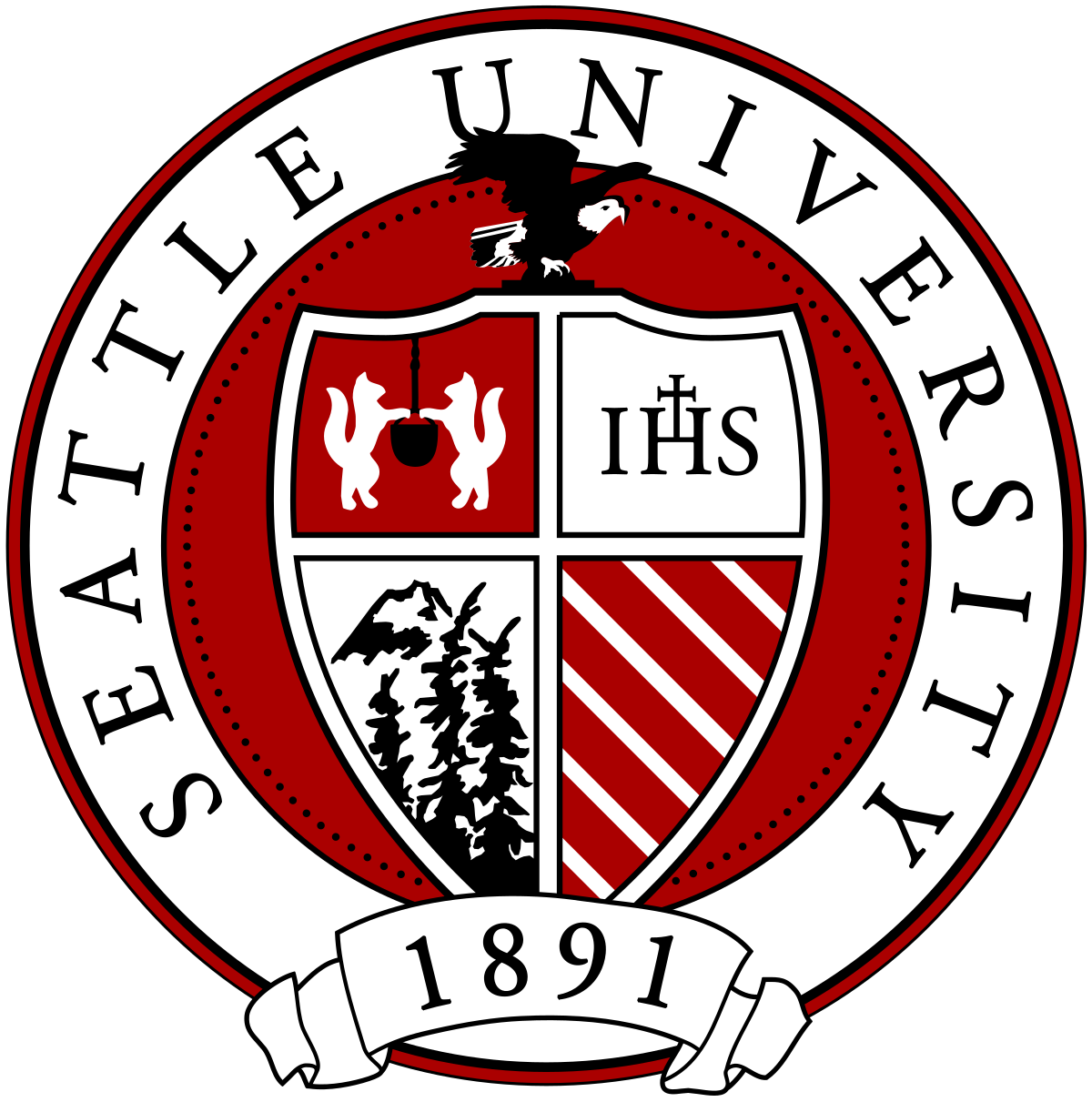
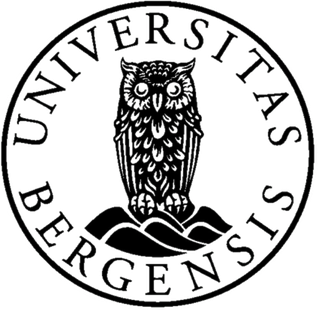

 TO SUBMIT AN ABSTRACT
TO SUBMIT AN ABSTRACT REGISTRATION FEES
REGISTRATION FEES The Symposium provides an opportunity for students, faculty, and the community to discuss cutting edge research topics and to examine the connection between research and education. It allows undergrad students to present what they have learned through their research experiences.
The Symposium provides an opportunity for students, faculty, and the community to discuss cutting edge research topics and to examine the connection between research and education. It allows undergrad students to present what they have learned through their research experiences.








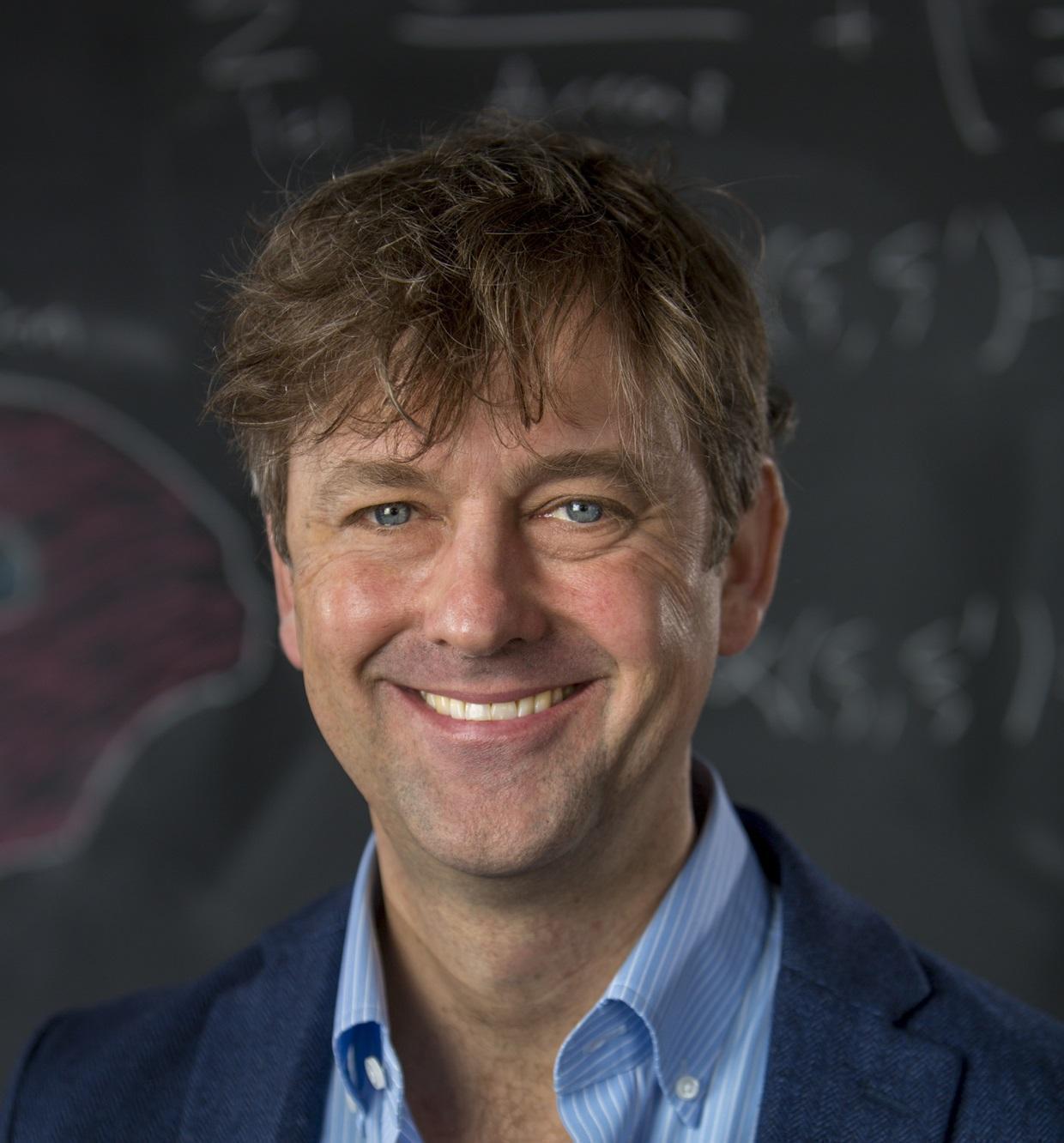
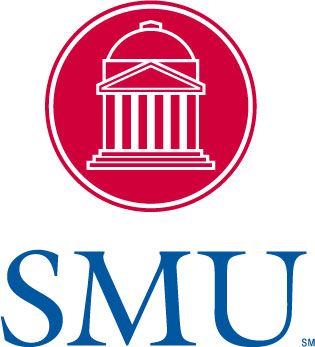
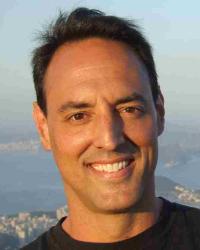


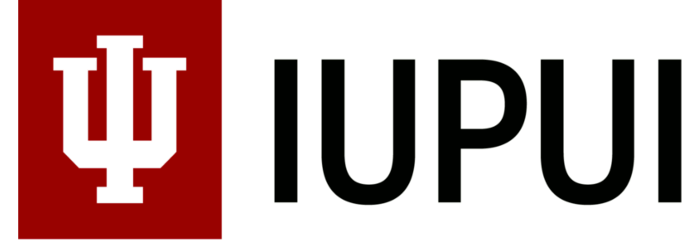

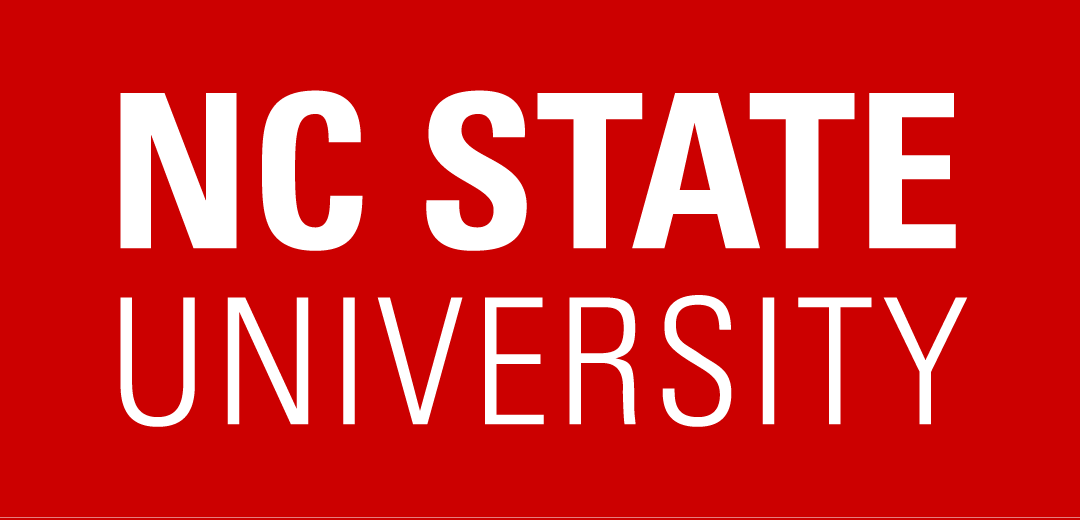 Application should include: Curriculum Vitae; Transcript (unofficial is fine); Personal Statement (1-2 pages); and 2reference letters
Application should include: Curriculum Vitae; Transcript (unofficial is fine); Personal Statement (1-2 pages); and 2reference letters 